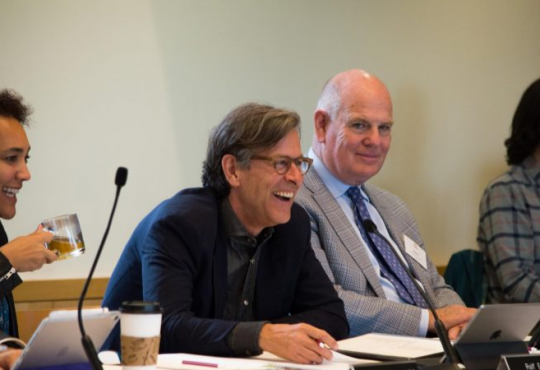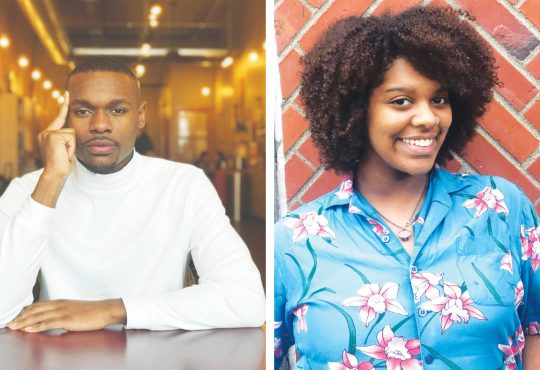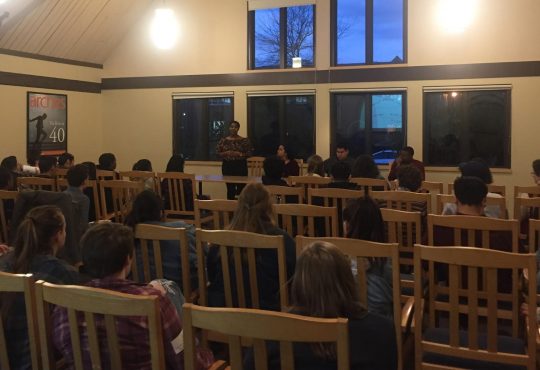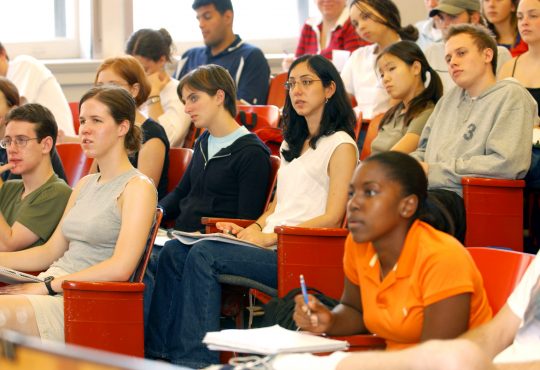As midterms came to a head this past week before spring break, University of Puget Sound students were also frantically doing their best to elect a new leadership council for the coming year for the Associated Students of the University of Puget Sound.
After weeks of hard work and campaigning, the ASUPS winners were finally announced on March 14. Nakisha Renee Jones was elected president, Alissa Hartnig: Vice President, Sullivan Marsters: sophomore senator, Lydia Bauer: junior senator, C.J. Queirolo: senior senator and Gwen Bartholomay and Beatrix Evans: senators-at-large.
In speaking with some of the new members of ASUPS leadership, the intentions and desires of the new leadership became clear: to foster a more inclusive and diverse atmosphere of change on the University of Puget Sound campus.
“I remember Brian Ernst (2012-2013) being very empathetic and truly concerned for my concerns,” Jones said regarding her experience with ASUPS as a first year. Jones hopes she can continue the inclusive style of leadership that ASUPS has exhibited.
Jones is a member of the Business Leadership Program at Puget Sound, is majoring in communications and is completing a double minor in economics and African American studies.
“Specifically, I’m looking to change how ASUPS interacts with Tacoma, and I also want to ensure we promote student voice through outlets on campus,” Jones said.
In the past, Puget Sound students have felt somewhat disconnected from Tacoma as a community, and the campus has done its best to find ways to integrate students into the area.
Vice President Hartnig—a religion and politics and government double major—also expressed her excitement to be part of the new leadership.
Hartnig stated that ASUPS is a great way to foster communication between the administration and student body. As vice president, Hartnig hopes to change a number of things she feels are necessary at ASUPS.
“One thing I really would like to work on is [making] ASUPS more proactive and place greater accountability and responsibility on the ASUPS leaders,” Hartnig said. Hartnig concluded by expressing her gratitude for having been given this opportunity.
“Thank you to everyone who voted and please know how humbled and honored I am for this opportunity!” Hartnig said.
Newly elected senator-at-large Bartholomay said her motivations to join ASUPS were primarily derived from her time on the Students Concerns Committee.
“There are many reasons, but another one of the big ones is that on the Student Concerns Committee, I felt like a reporter of issues—which is a very important role but not necessarily the one I wanted to play,” Bartholomay said. Bartholomay has enjoyed her previous leadership roles at Puget Sound, but feels she is ready and able to give more to the community through ASUPS.
Newly elected senior senator Queirolo explained how she became interested in getting involved with ASUPS.
“I became interested in running for ASUPS when I opened up my ballot and saw that there were no candidates’ names on the ballot for many senate positions, to be honest,” Queirolo said.“I think this election I realized how many students share my concerns about the limited role ASUPS plays in the lives of marginalized students, and I think a lot of students are realizing that we can think about ASUPS differently.”
This next year could be the perfect time for members of ASUPS to address the policies currently in place for handling sexual assault and other issues of discrimination and violence.
“We need to be talking about justice and community instead of dollars and dances,” Queirolo said.“We should be doing more to promote the well being of our students who are most vulnerable to structural violence.”
Queirolo ended by saying that she is very excited to be working with the newly elected president, and the rest of the ASUPS committee.
“Her election is historic and I believe that we have a majority on the Senate willing to address long-standing structural issues within the organization of ASUPS, willing to fundamentally question what ASUPS has come to take for granted,” Queirolo said.
Queirolo and the rest of the newly elected ASUPS leadership hope that the upcoming year can be one of change, and increased inclusivity—especially for queer and trans students, and students of color.






